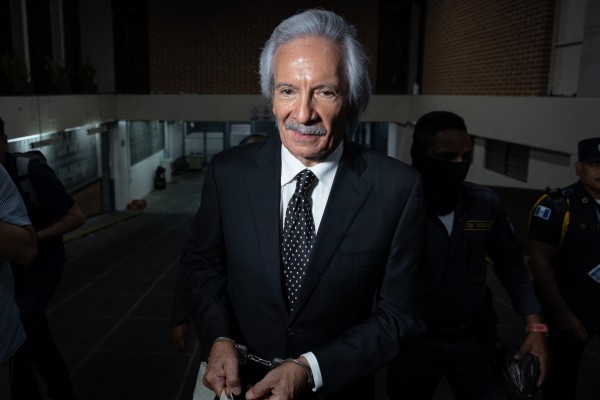Journalists marched and radio stations fell silent in Ecuador yesterday in protest against a government-backed communications bill the media has described as a “gag law,” according to local reports.
The draft Ley Orgánica de Comunicación (Organic Law on Communication), delivered to the National Assembly’s Secretary-General on Saturday and scheduled for debate in the Assembly on 10 December, sets out to regulate the rights of individuals and groups to access “all communication forms and services,” while defining what are and are not “media” and laying out their responsibilities.
Several articles of the draft law have stoked concern among Ecuador’s press.
For example, the bill provides the ‘right of reply’ to any individual who believes their honour has been affected by information published or broadcast by a media organisation, with an exemption only for information provided by an official state source. A media receiving a ‘right of reply’ request would be obliged to print or broadcast that reply within 48 hours.
The law would also impact on investigative journalism, by prohibiting the media’s use of information coming from hidden cameras, wiretaps, zoom lenses or any concealed method that “interferes” in an individual’s private life, unless the information gathering was authorised by a “competent authority.”
And perhaps most contentiously, the law would also create a new “National Communication and Information Council” (“Consejo Nacional de Comunicación e Información”), an eight-person body charged with overseeing the application of the law. The council would be chaired by a presidential representative with a deciding vote.
Around 30 radio journalists took to the streets of Guayaquil, Ecuador’s largest city, yesterday in the first public demonstration against the legislative proposal, with further marches planned in Guayaquil today and the capital, Quito, tomorrow.
Local radio stations also took themselves off the air in protest again the bill, remaining silent for 15 minutes, reports the daily Hoy.
And in Quito yesterday, the first of 10 round-table discussions planned for various Ecuadorian cities took place.
At the discussion, Guadalupe Sierra of Ecuador’s National Union of Journalists warned that the “government is looking to control every aspect of society,” while Marco Arauz, deputy editor of Hoy, said the new law would leave the media “subject to an endless number of sanctions.”
“We call on Ecuador’s legislators to exercise extreme caution when debating the points of this draft law, and to ensure that the concerns of local media are heard and that media freedom in the country is not damaged,” said IPI Director, David Dadge. “This legislation should be developed to enhance the media environment rather than impeding the work of the media.”


